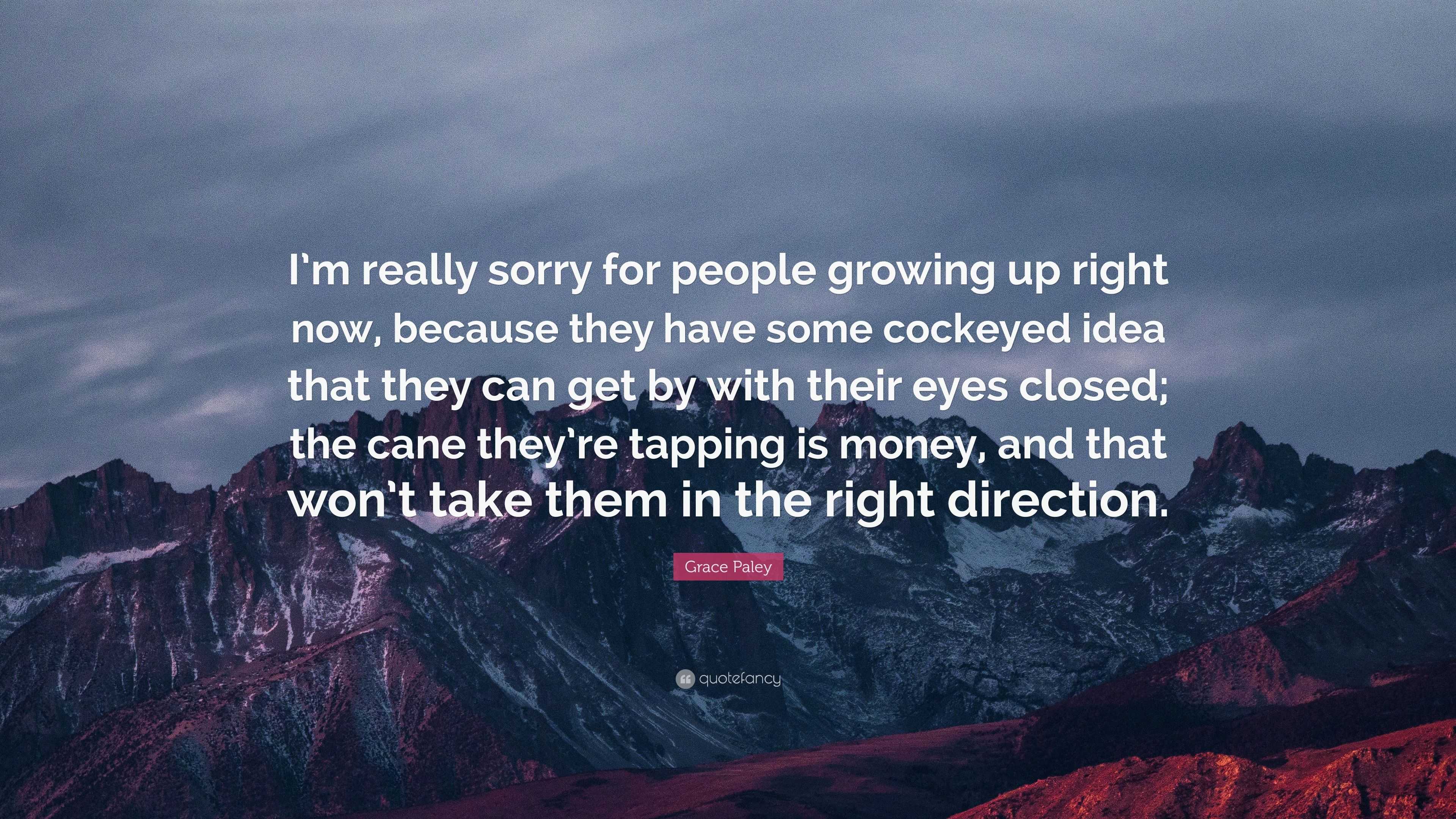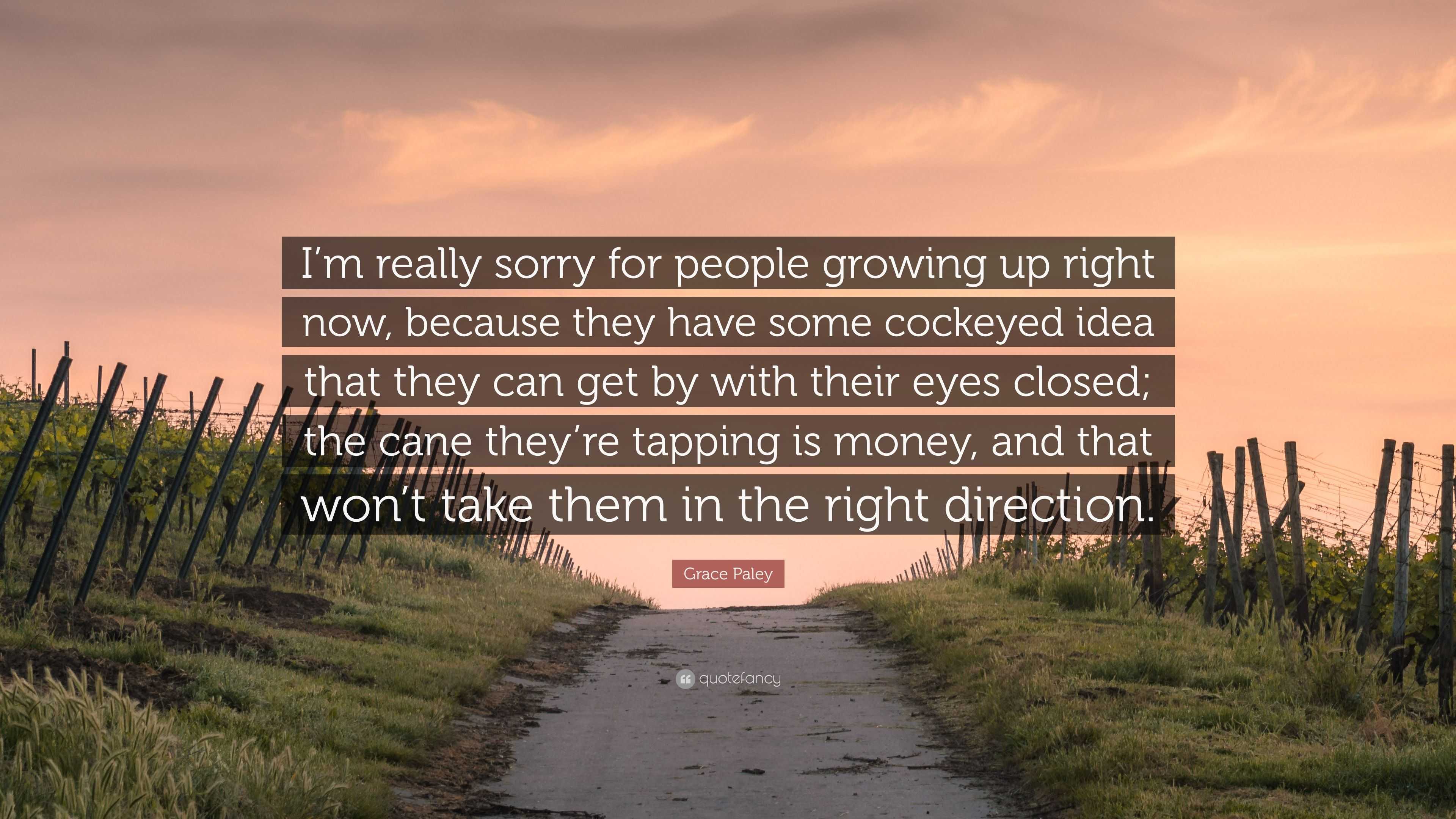Welcome to my blog. I’m a psychologist and the co-author (with Gary Chapman) of When Sorry Isn’t Enough. I share tips about What to Say When challenging conversations arise and I welcome your thoughts and questions. I’ll check back in frequently to chime in on the conversations here.
In our book, When Sorry Isn’t Enough, Gary Chapman and I talk about five essential parts of any apology. In this blog post, I’ll talk in detail about our first Apology Language: Expressing Regret.
Regret focuses on what you did or failed to do and how it affected the other person. The offended one is hurt, and they want to know that you “get it.” Beyond saying, “I am sorry”, what else can you do?
So you’ve finally found someone and things are going good. Really good, actually. In fact, this is by far the best relationship you’ve ever had in your entire life! But does that mean they’re really the one? Or is it possible that you’re just getting caught up in the moment like you do at the onset of every relationship?
- Thestar.com - As the philosopher Charles Taylor claimed, “Understanding the ‘other’ will pose the 21st century’s greatest social challenge.” Perhaps the biggest.
- Barbara Kingsolver Quotes. I Think That When People Read Fiction, They're Really Reading For Wisdom. That's What Most Of Us Really Love. If We Read A Novel That Rocks Our World, It's Because There's Something In It That We Didn't Know Already.
- The Deep State Really Is Trying to Steal the Election. They're just doing it in a way you did not expect.

An apology has no impact unless it’s specific. When we get into the details, we show that we truly understand how much we have hurt him or her. We place the focus on our action and how it affected the other person. And the more details we can give, the better.
Sincere regret also needs to stand alone. It should not be followed with “But…”. Rodney, who has been married three years to his second wife, says, “I know that my wife means it when she says, ‘I’m sorry. I know that I hurt you by yelling at you.’ Then she does not go on to accuse me of causing her to get upset. My first wife always blamed me for everything.”
Many people in our research made statements similar to this: “She apologizes, but then turns it around and blames her actions on something I did.” Any time we shift the blame to the other person, we have moved from an apology to an attack. Attacks never lead to restored trust.
For some people, getting a sincere expression of regret is the strongest language of apology. It is what convinces them that the apology is sincere. Without it, they will hear your words but the words will appear empty. For them, it feels like opening a gift that has nothing inside.
My Real Life Example:
Two years ago, I was part of a group of women who received end-of-the-year thank you gifts for each having led a small group. I love freebies as much as the next person, so I thought this sounded great. I selected my prize from a sales consultant’s catalog and was eagerly awaiting the arrival of my thank-you gift. The summer came and went with no delivery of my product. I began to wonder, “Where is my order?”
When the end of the year came with no package, I realized that my order was not likely to come. I actually decided at that time that it was not worth pursuing the issue with anyone. I reasoned that I had enjoyed leading the group and put the item out of my mind with the refrain, “Easy come, easy go.”
Imagine my surprise when I got a telephone message from the consultant the next spring. She said that she had been cleaning out boxes and found my order! She closed the phone message by saying simply that she wanted to arrange to get the item to me. For my part, I was pleasantly surprised to be in the position to receive what I had already let go. However, something was nagging at me.
I replayed her message and confirmed my suspicion: She failed to say, “I am sorry for my mistake,” or to express any sort of regret.
I pondered the issue in my mind long enough to write it down and to wonder how often I might do the same thing. Do I correct problems, yet not assume responsibility or express regret? The magic words “I’m sorry” often make a world of difference.

This example from my life is about a minor problem. Our survey showed that people want a really good apology when your mistake is either serious or repeated. In those cases, you could try on one of these phrases and add your own details. Remember to stop yourself if you get the itch to say “But.”
They're Really Really Really Sorry.. Work
What to Say When You Really Mess Up at Home or at Work:
- I know now that I hurt you very deeply. That causes me immense pain. I am truly sorry for what I did.
- I feel really bad that I disappointed you. I should have been more thoughtful. I’m sorry that I caused you so much pain.
- I never intended to hurt you, but now I can see that my words were way out of line. I’m sorry that I was so insensitive.
- I am sorry that I violated your trust. I’ve created a roadblock in our relationship that I want to remove. I understand that even after I apologize, it may take awhile for you to venture down the road of trust with me again.
- You were promised a service that we have not provided. I am sorry that our company clearly dropped the ball this time.
Share Your Thoughts Here:
How can you tell if people really understand the hurt they have caused you?


They're Really Really Really Sorry.. Ugly
How can the above suggestions help you tell if someone’s apology is sincere?
They're Really Really Really Sorry.. Meme
New! Leave a comment here or under any of my posts this month and/or share this post and you’ll be entered in a drawing to win a $20 Amazon gift card from me.
